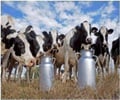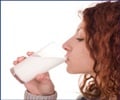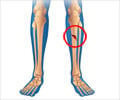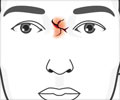A new study published in JAMA Pediatrics has revealed that drinking more milk apparently does not lower the risk of hip fracture as an older adult.
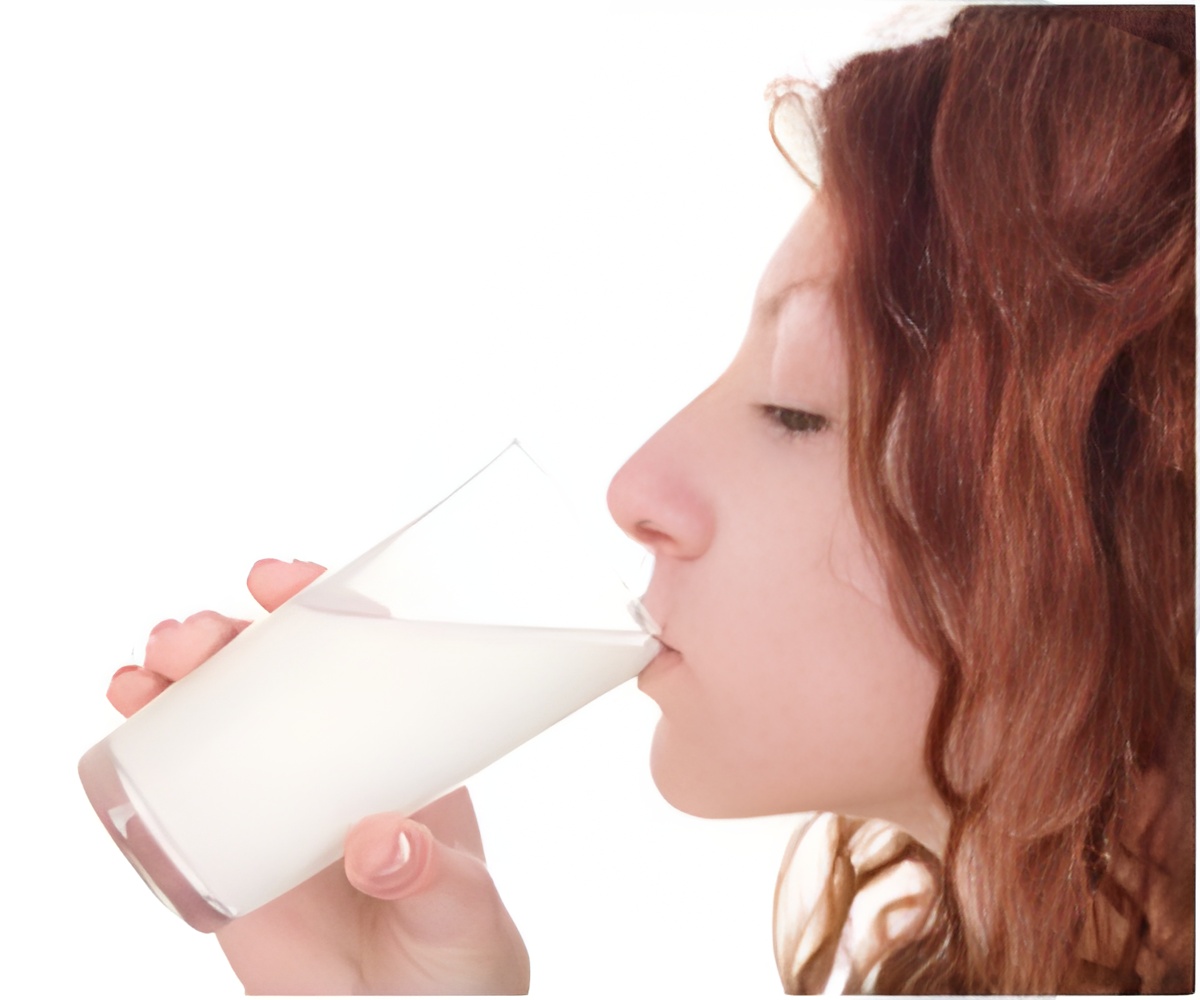
Diane Feskanich, Sc.D., of Brigham and Women's Hospital and Harvard University, Boston, and colleagues examined the association between remembered teenage milk consumption and risk of hip fracture at older ages in a study of more than 96,000 men and women with a follow-up of more than 22 years. During the follow-up, 1,226 hip fractures were reported by women and 490 by men.
Study findings indicate teenage milk consumption (between the ages of 13-18 years) was associated with an increased risk of hip fractures in men, with each additional glass of milk per day as a teenager associated with a 9 percent higher risk. Teenage milk consumption was not associated with hip fractures in women. The association between drinking milk and hip fractures in men was partially influenced by height, according to the study"We did not see an increased risk of hip fracture with teenage milk consumption in women as we did in men. One explanation may be the competing benefit of an increase in bone mass with an adverse effect of greater height. Women are at higher risk for osteoporosis than men, hence the benefit of greater bone mass balanced the increased risk related to height," the authors comment.
Cheese intake during teenage years was not associated with the risk of hip fracture in either men or women.
The authors suggest that further research needs to be done to examine the roles of early milk consumption and height in preventing hip fractures in older adults.
Source-Eurekalert

